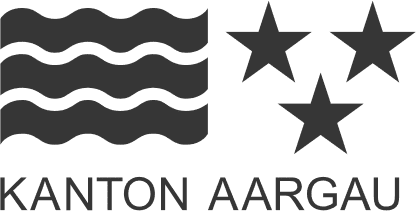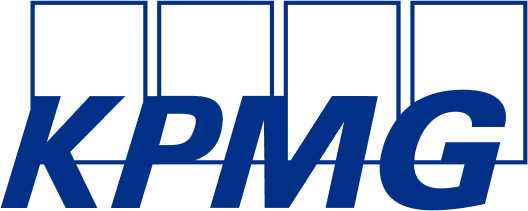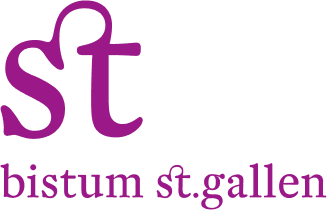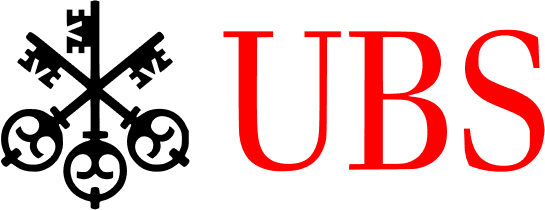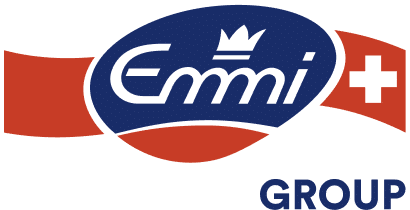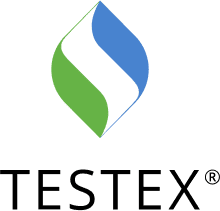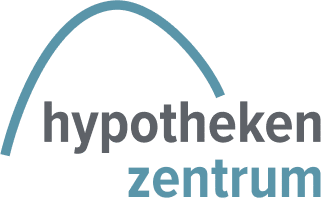Customised software solutions and targeted ERP customisation complement standard software such as ERP, CRM, PPS and FIBU, enabling greater efficiency, flexibility and competitive advantages.
In this article, you will learn:
- ERP customisation closes functional gaps: standard software covers basic processes, while customised adaptations complement industry-specific workflows.
- CRM and PPS systems can be expanded in a targeted manner: Integrations and interface development seamlessly link customer data, production planning and finances.
- Customised software solutions secure competitive advantage: Companies benefit from lower costs, greater flexibility and faster response to market changes.







